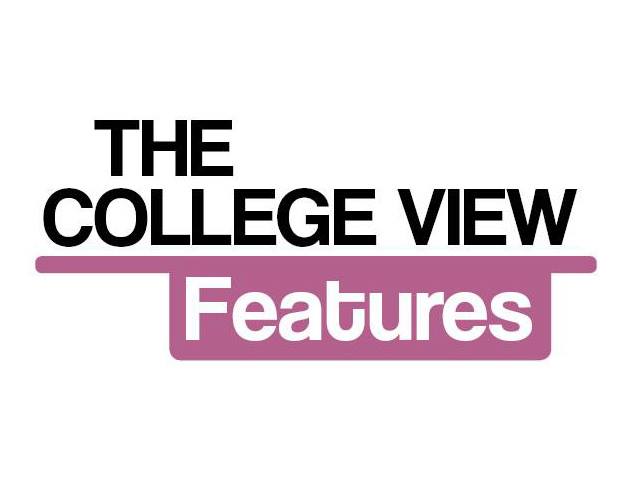
A war on tobacco was declared by Health Minister James Reilly during the summer. The minister plans to annihilate smoking in Ireland, stating “It’s the only product I know that is legally, freely available that will kill you if you use it…..It’s a fight that we cannot turn away from and that we can’t afford to lose…… it will be won.”
According to the Irish Independent, Reilly said the government plan to have, within the next 12 years, less than five per cent of people in the country smoking. But according to the HSE in December 2012, 21.7 per cent of Irish people were smokers. So is this goal even realistic?
Reilly plans to reduce the number of smokers by extending the smoking ban to cover public outdoor places and by introducing plain cigarette packaging. Smoking was also targeted in Budget 2014, with a pack of 20 cigarettes set to increase in price by 10 cent. The price is predicted to continue to be raised in future budgets.
But is all of this fruitless? The American war on drugs is a good point of comparison. President Nixon officially declared a war on drugs in 1971, and since then America have cracked down on illegal drug use, drug-related crime and trafficking, imposing harsh penalties such as 25-year long prison sentences. An article in the Huffington Post this year claimed that “the US spends more than $40 billion each year on drug prohibition”, yet even with this vast amount of money being spent, drug use is still high in America. According to the National Institute on Drug Abuse, the number of Americans abusing illicit drugs or psychotherapeutic medication had risen from 8.3 per cent in 2002 to 8.7 per cent in 2011.
This brings us back to our government. Will the same happen to us with the tobacco war? It seems unlikely, as according to the HSE, smoking has declined by 1.8 per cent between June 2010 and December 2012. Smoking seems to be declining anyway, so maybe Reilly’s war on tobacco will work. But the fundamental question has to be asked, should people have the right to choose whether they smoke or not, or is it for the public’s own good to stamp it out?
The cons of eliminating tobacco are severe, as it will see a reduction in tax revenue collected by the government and also an incentive given to increase black market trading and illegal smuggling of cigarettes. Earlier this year, Michael Noonan, Minister for Finance, said “A survey in respect of 2011 carried out for the Revenue Commissioners and Health Services Executive found that some 770 million illicit cigarettes were consumed in the State”.
However, there are also pros, considering that according to the HSE, the government spends up to €2 billion a year on smoking related illnesses. This reduction in healthcare costs to the government would certainly cancel out the money lost in tax revenue from the sale of cigarettes. Not immediately, but it would pay off in the future.
There’s pros and cons to everything, but one thing is for sure, the war on tobacco is truly underway.
Suzanne Cooper
Image credit: Rebecca Vanhulle




Leave a Reply